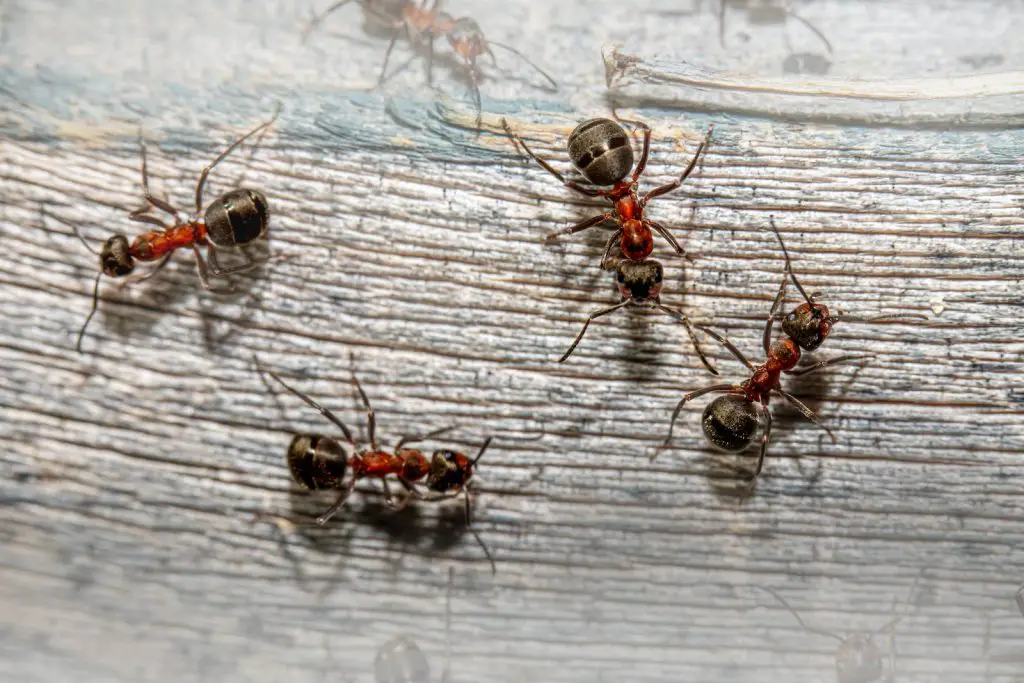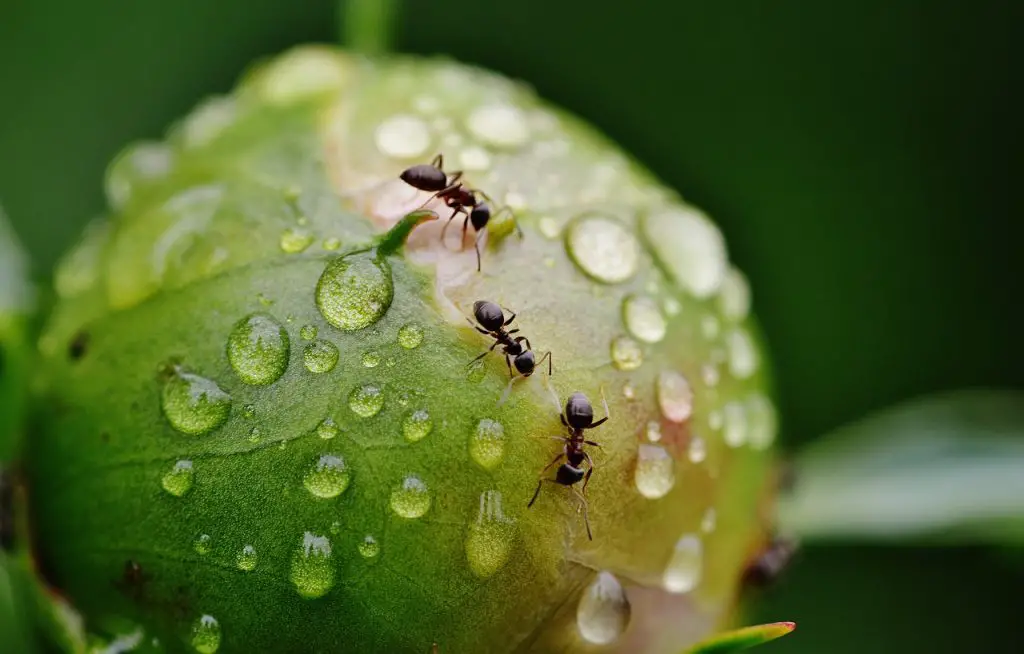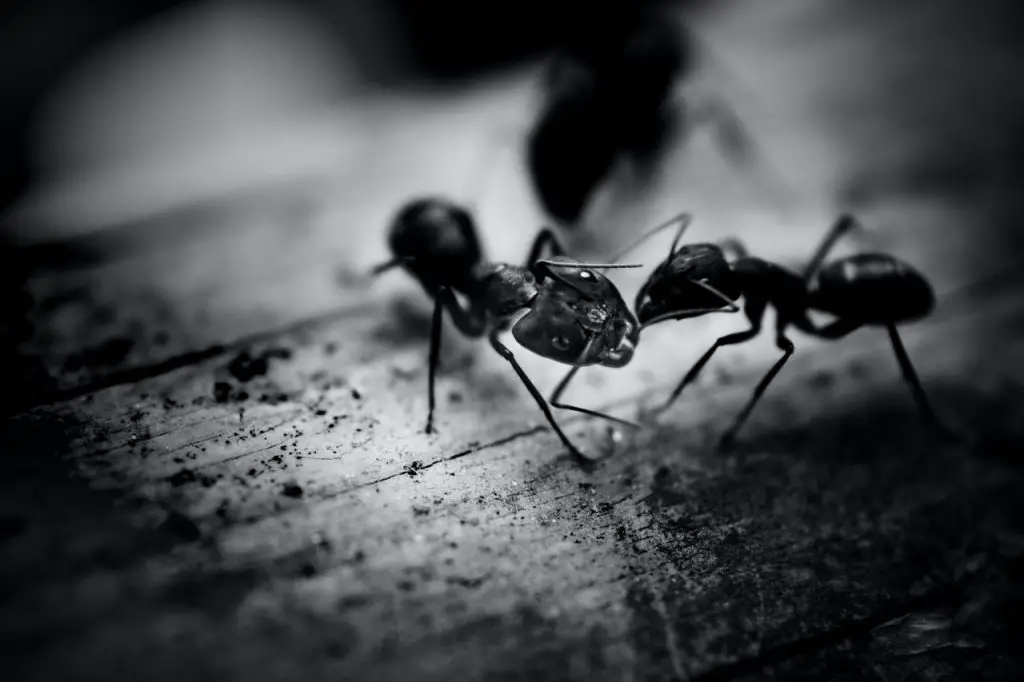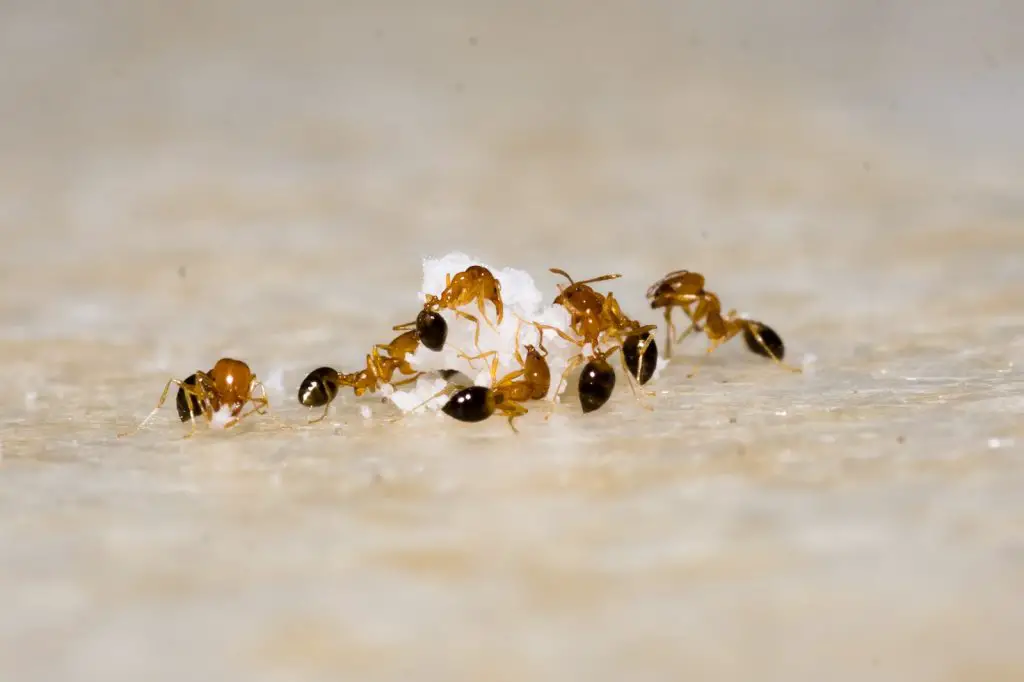Ants are fascinating creatures. They’re so small and seem to be everywhere, yet hardly anyone knows all that much about them. Luckily, the internet is here to save the day! This article talks about just how long an ant will live, as well as where they live and what they eat. Read on to learn more!
What Is The Life Span Of An Ant?
While the life expectancy of an ant can vary depending on the species, most ants live between one and five years. However, some ants have been known to live up to 20 years in captivity. The lifespan of an ant is also affected by its role within the colony. For example, worker ants generally live shorter lives than queen ants.
Interestingly, ants are able to determine their life expectancy based on past experience. If an ant lives in a colony where the average lifespan is short, it will expect to die young and will not invest as much time and energy into reproduction. On the other hand, if an ant lives in a colony where individuals tend to live longer lives, it will expect to live a longer life itself and will invest more heavily in reproduction.
So, while the specific life expectancy of an ant can vary depending on a number of factors, we can say that most ants live relatively short lives compared to other animals.
How Long Do Queen Ants live?
Queen ants are the reproductives of ant colonies and their lifespan is much longer than that of the worker ants. The average lifespan of a queen ant is about 15 years, but some have been known to live for up to 30 years. The main purpose of a queen ant’s life is to lay eggs and keep the colony alive. Once a queen ant starts laying eggs, she will never stop until she dies.
A queen ant’s life expectancy is mainly determined by her environment and whether or not she has access to food and water. If a queen ant is living in a harsh environment, her lifespan will be shorter than if she were living in a more ideal environment. Additionally, if a queen ant does not have access to food and water, her lifespan will also be shortened.
Can Ants Live Without Their Queen?

Can ants live without their Queen? The answer is yes, they can. In fact, many species of ants are able to survive and even thrive without a queen. This is because ants are very adaptable creatures and have evolved to be able to survive in a wide variety of conditions.
One reason that ants are able to survive without a queen is that they are able to reproduce asexually. This means that if there is no queen ant, another ant can step in and take her place. This is possible because all ants have the same basic genetic makeup. As long as there is one fertile ant, the colony can continue to produce new generations of ants.
Another reason why ants don’t need a queen is that they are extremely efficient at working together. They have a highly developed social structure that allows them to divide up tasks and work together for the good of the colony. Even without a queen, the remaining members of the colony can continue to cooperate and care for one another.
How Long Do Ants Live In The Wild?
In the wild, ants have a relatively short life expectancy. The average lifespan of an ant is about 1-3 years. However, some species of ants can live up to 10 years in the wild. The life expectancy of an ant in captivity is often much longer, with some ants living up to 20 years in captivity.
The main factor affecting an ant’s lifespan is its role within the colony. Workers and soldiers have the shortest lifespans, as they are constantly exposed to danger from predators and other threats. Queen ants have the longest lifespans, as they are protected inside the nest and rarely leave it.
There are several other factors that can affect an ant’s lifespan, such as disease, malnutrition, and injuries. However, in general, ants in the wild have a relatively short life expectancy.
How Long Can Ants Live In Colonies?
A colony of ants typically contains three types of individuals: the queen, the workers, and the soldiers. The queen is responsible for reproduction, the workers take care of the brood and build the nest, and the soldiers defend against intruders. All members of a colony are genetically related and cooperate to ensure the survival of their species. So, how long can ants live in colonies?
The lifespan of an ant colony depends on many factors, including the species of ant involved, the size of the colony, environmental conditions, and whether or not the colony has a queen. Without a queen, a colony will eventually die out. However, some species of ant are able to reproduce asexually, so a colony can survive without a queen for some time. The specific lifespan of an ant colony also depends on whether it is located in a temperate or tropical climate. In general, colonies in tropical climates live longer than those in temperate climates.
So, how long can ants live in colonies? It depends on several factors, but typically a colony will die out without a queen after a few years.
How Long Can Ants Live In Ant Farm?
How long do ants live in ant farms? This is a question that many people ask, as they are interested in keeping these amazing creatures as pets. The answer is not as simple as one might think, as there are a number of factors that can affect the lifespan of ants in captivity.
First of all, it is important to note that there are different species of ants, and each one has a different lifespan. For example, the common black garden ant (Lasius niger) typically lives for around 2-3 years in the wild. However, some species of ant can live for much longer – up to 20 years or more! So, if you’re planning on keeping ants as pets, it is worth doing some research to find out which species has the lifespan that best suits your needs.
Secondly, the conditions in which the ants are kept can also have an impact on their lifespan. For example, if the ant farm is too small or does not have enough food and water, the ants will not thrive and may die prematurely. Conversely, if the conditions are too good (i.e., there is too much food and water), the ants may become obese and also die young. Therefore, it is important to strike a balance when setting up an ant farm for pet ownership.
Finally, how often the ant farm is cleaned can also affect the lifespan of its occupants. If the farm is not cleaned regularly, waste will build up and create
How To Help The Longevity of An Ant’s Life
There are a few things you can do to help ensure the longevity of an ant’s life. First, make sure they have a clean and dry habitat. Second, provide them with a nutritious diet that includes both protein and carbohydrates. Third, keep their habitat free of predators and other potential hazards. Finally, provide them with regular opportunities to exercise and explore their environment. By taking these steps, you can help your ants live long and healthy lives.
Conclusion
In conclusion, ants are one of the longest living insects on Earth. Their lifespan depends on many factors, such as the type of ant, their living conditions and whether or not they are in captivity. However, the average lifespan of an ant is around 10-15 years. So next time you see an ant, remember that it might be older than you think!



